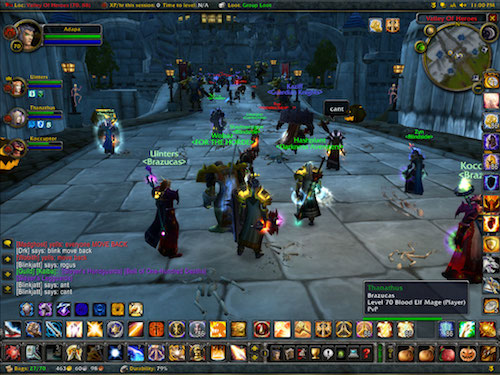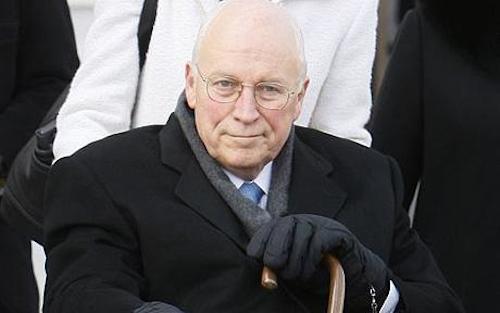Perhaps this was massive, world-interrupting news yesterday and I slept/vomited through it, but a federal judge has issued a preliminary injunction against broad federal collection of cell phone data, saying that the program “surely” infringes on the Fourth Amendment. Blanket domestic surveillance from the NSA is by no means over, but it seems likely to suffer a serious blow in the next six months. DC District Court Judge Richard Leon stayed his injunction to allow the federal government time to appeal—something it almost certainly will do, so business as usual recently revealed by a dude who has to hide in Russia. But Leon also called the programs “almost Orwellian” and said James Madison would be “aghast” if he knew about it. He meant to say “a ghost.”
Category Archives: War on Terror
Worldwide spying exceeds bounds of actual world
I don’t know about you—because what am I, the NSA?—but I worry that blanket domestic surveillance will be a problem because the federal government could use it for evil. Recent developments suggest that I may have overlooked another possibility: blanket surveillance could be a problem because the government will use it to waste vast quantities of money and time. I refer, of course, to the news that intelligence agencies are monitoring Second Life and World of Warcraft. Props to Mose for the link. The NSA, FBI and CIA believe that terrorists and other international criminals could use online multiplayer games to secretly communicate with one another and exchange resources. In fact, terrorists are most likely to use World of Warcraft to get called fags by 14 year-olds in Ohio. It’s a real misunderstanding.
Dick Cheney’s implanted defibrillator explains US terrorism policy
In 2011, terrorist attacks killed zero people in the United States. By comparison, tornados killed 553, and automobile accidents killed 32,367. Yet we have no department of tornado security, and no one is suggesting that we must sacrifice certain constitutional liberties to be safer on the road. Actually, they are: we submit to speed limits, cell phone bans and other infringements as a necessary cost of reducing traffic fatalities to a manageable level. But it’s a question of degree; if we reduced the speed limit to 15mph, fatal accidents would almost disappear. So why are 32,367 traffic fatalities in a year okay, but 16 deaths from terrorism in the last decade a cause for multibillion-dollar, society-restructuring alarm?
Police body cameras in Rialto reduce use of force by 60%
According to the Times, the police department of Rialto, California randomly required half of its patrol officers to wear body cameras each week of last year. During that period, officers used force 25 times, as opposed to 61 times during the previous year. Officers wearing cameras accounted for only eight uses of force. Knowing someone is (or will be) watching appears to make interactions between police and civilians less violent. I don’t want to draw any unfounded conclusions, but it’s possible that public scrutiny encourages law enforcement to adhere to its own rules. In unrelated news, a secret federal ruling from 2011 rebuked the NSA for repeatedly misrepresenting its domestic surveillance operations to the FISA courts.
Close Readings: Keith Vaz on detaining Glenn Greenwald’s boyfriend
The good news is that the United States was not involved in any way with the UK’s decision to detain David Miranda, partner of journalist Glenn Greenwald, under Schedule 7 of Britain’s Terrorism Act 2000. Sure, we knew about it in advance, but we didn’t request or encourage it—nor do we condemn it, and we won’t say whether we benefited from it. According to pleasingly-named White House spokesman Josh Earnest, the British detention of the boyfriend of the journalist who reported the Edward Snowden leaks is just a fact the US government calmly absorbed, like a jellyfish encountering a Gummi Bear. Our executive branch’s placidity in the face of what is maybe the most naked abuse of anti-terrorism law in the modern era is a model we all can follow, and so is its use of understatement. Quote from important British person after the jump.





